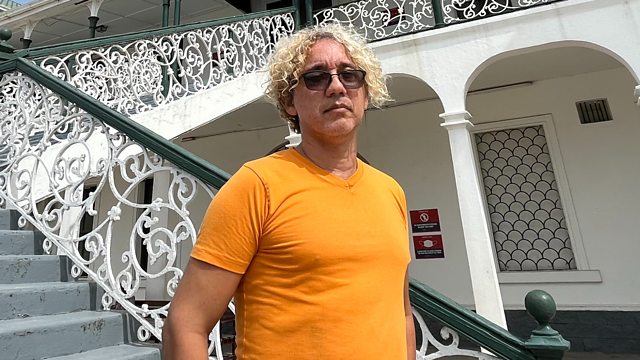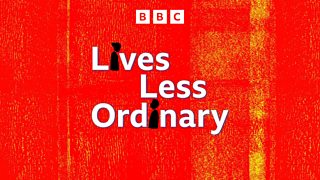Caleb versus the Criminal Code
In his successful campaign to abolish Belize鈥檚 anti-sodomy law, Caleb Orozco faced death threats and a violent attack. Now, Caleb grapples with defining himself beyond activism.
Section 53 of Belize鈥檚 Criminal Code declared that 鈥渆very person who has carnal intercourse against the order of nature with any person or animal shall be liable to imprisonment for 10 years.鈥� In other words, if you were a man in a consensual same-sex relationship, you could be sent to prison for a decade for being intimate with your partner.
LGBTQ advocate Caleb Orozco knew about this law. But it was only when he met a team of lawyers at a conference that he thought he could do something about overturning it. The idea was to challenge this part of Belize鈥檚 legislation by arguing that it was unconstitutional.
This law was essentially a leftover of British colonial rule in Belize, which was formerly British Honduras. Britain has a long history of criminalising 鈥渟odomy.鈥� It first became an offence during the reign of Henry VIII in the 16th Century. The statute rendered the quote 鈥渄etestable and abominable Vice of Buggery committed with mankind or beast鈥� punishable by death. Many of the countries around the world that still criminalise sodomy do so as artefacts of British rule. Despite the fact that it was rare for anyone to be arrested under Section 53 in Belize, Caleb said it would be used to blackmail gay men and extort them.
After the case was filed in 2010, Caleb was catapulted into the media spotlight. Thousands of people poured onto the streets to protest against the move. One rally even included an effigy of a hanged man bearing the name of Caleb鈥檚 organisation, United Belize Advocacy Movement. Churches across the country united in order to form an 鈥渋nterested party鈥�, meaning they could argue against Caleb鈥檚 challenge in court.
But things took an even darker turn when Caleb was running some errands in February 2012. He was accustomed to harassment and death threats, but that day when he was walking the streets of Belize City he was hit with a beer bottle. Caleb was struck to the floor and lost two teeth in the attack.
Eventually, in May 2013, Caleb went to court. There were four days of arguments about whether or not Section 53 violated the criminal code. After that, Caleb waited.
It took another three years for the judge to make their ruling. And his decision was that the following sentence be added to the end of Section 53: 鈥橳his section shall not apply to consensual sexual acts between adults in private.鈥� Caleb had won.
Years later, with the fight in the rear view mirror of Caleb鈥榮 life, he struggles to disentangle his identity as an activist with his identity as a human.
Presented and produced by Saskia Collette
All the archive used in this episode is from Channel 5 Belize.
Get in touch: outlook@bbc.com or WhatsApp +44 330 678 2707
(Photo: Caleb Orozco in front of the court where his challenge of the criminal code played out. Credit: Saskia Collette.)
Last on
More episodes
Broadcasts
- Thu 10 Apr 2025 11:06GMT麻豆官网首页入口 World Service
- Thu 10 Apr 2025 17:06GMT麻豆官网首页入口 World Service except East and Southern Africa & West and Central Africa
- Thu 10 Apr 2025 21:06GMT麻豆官网首页入口 World Service East and Southern Africa & West and Central Africa only
- Fri 11 Apr 2025 02:06GMT麻豆官网首页入口 World Service



